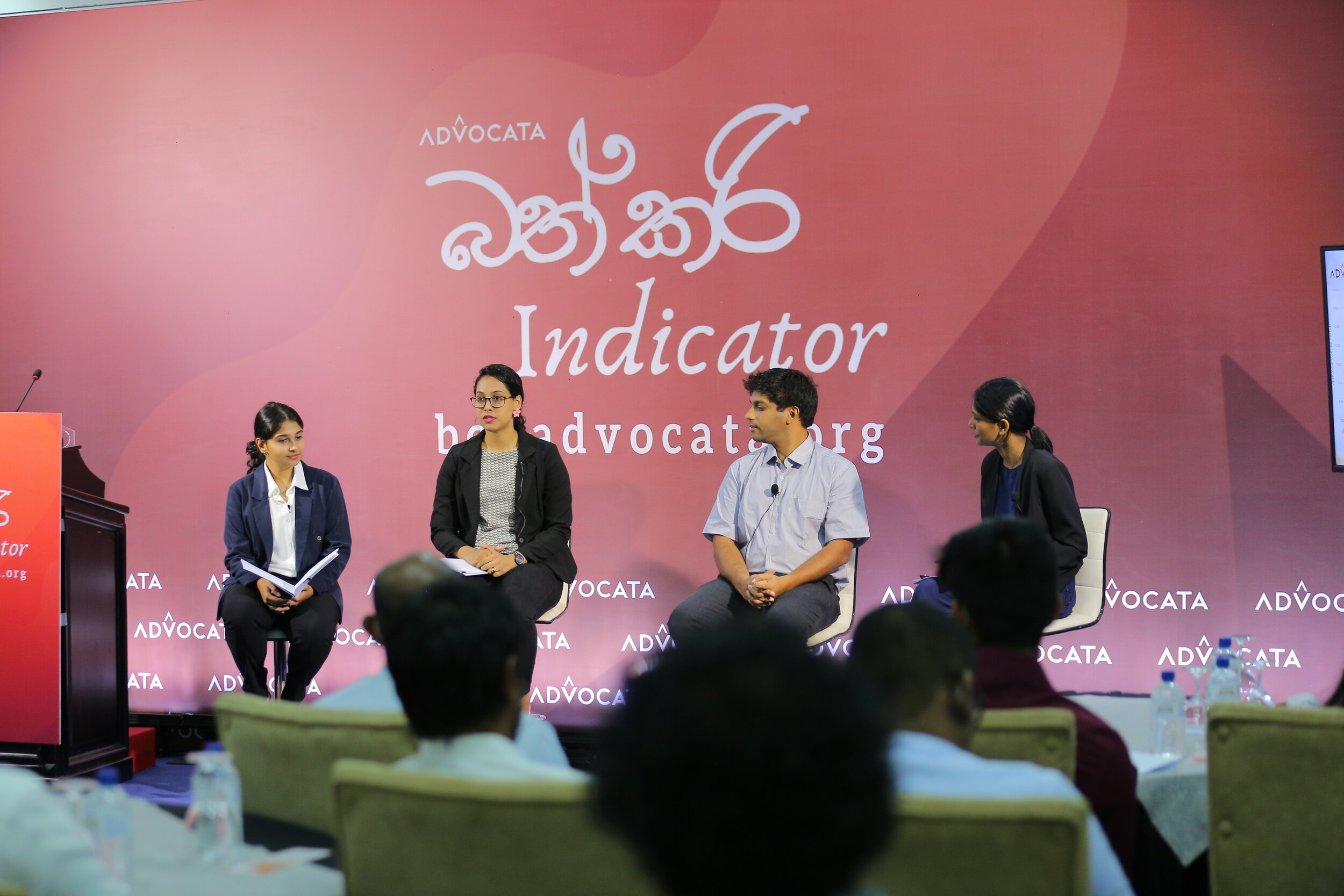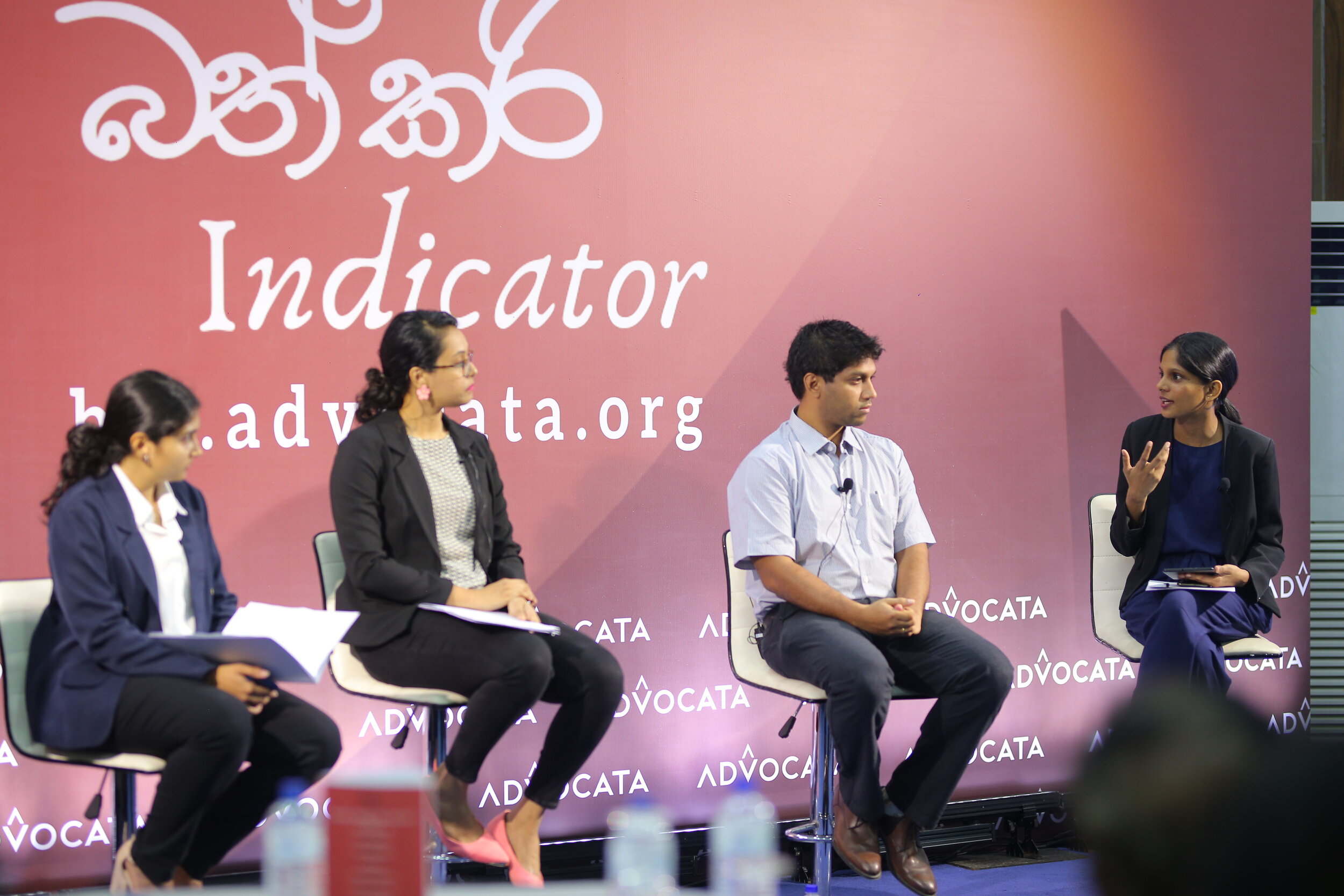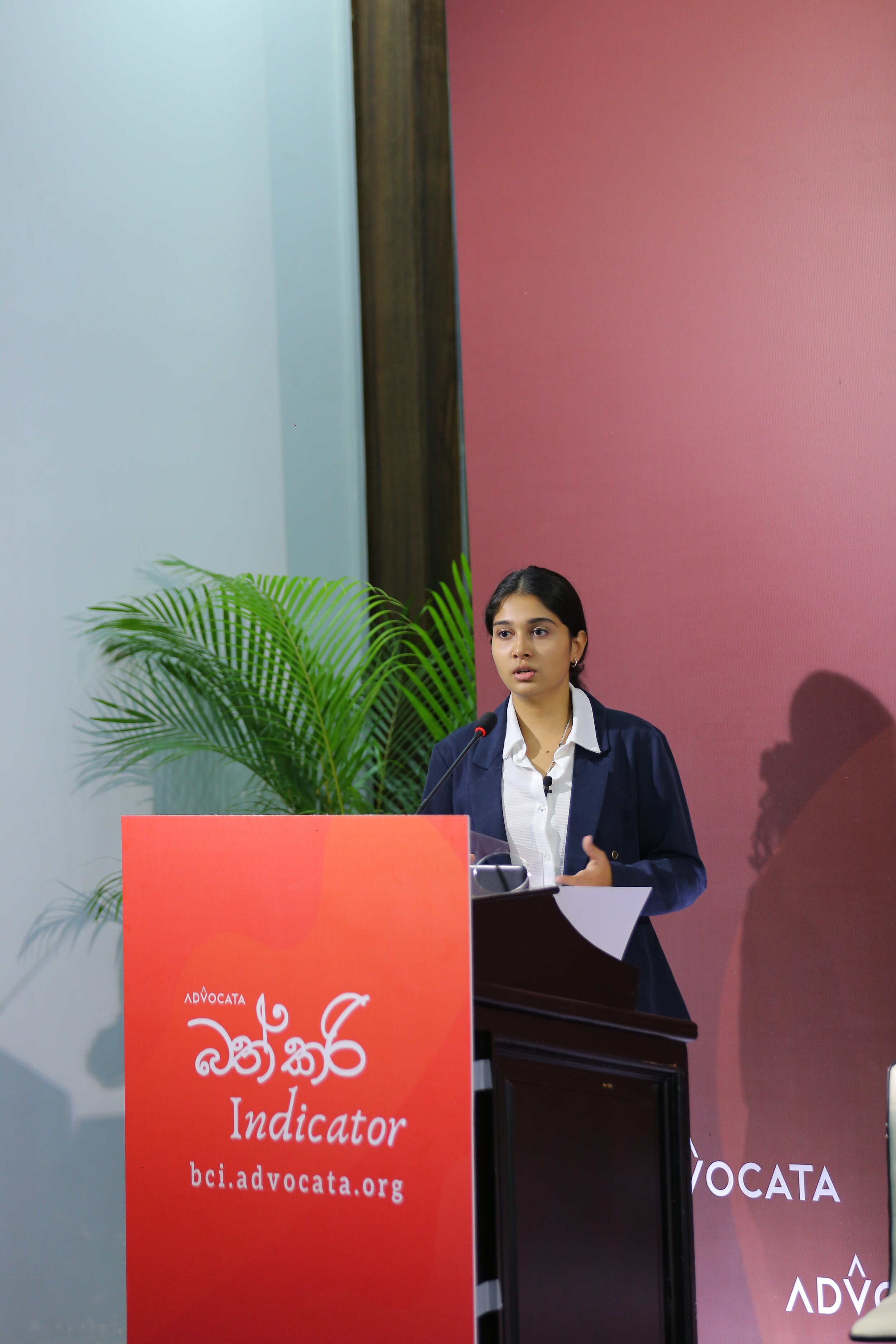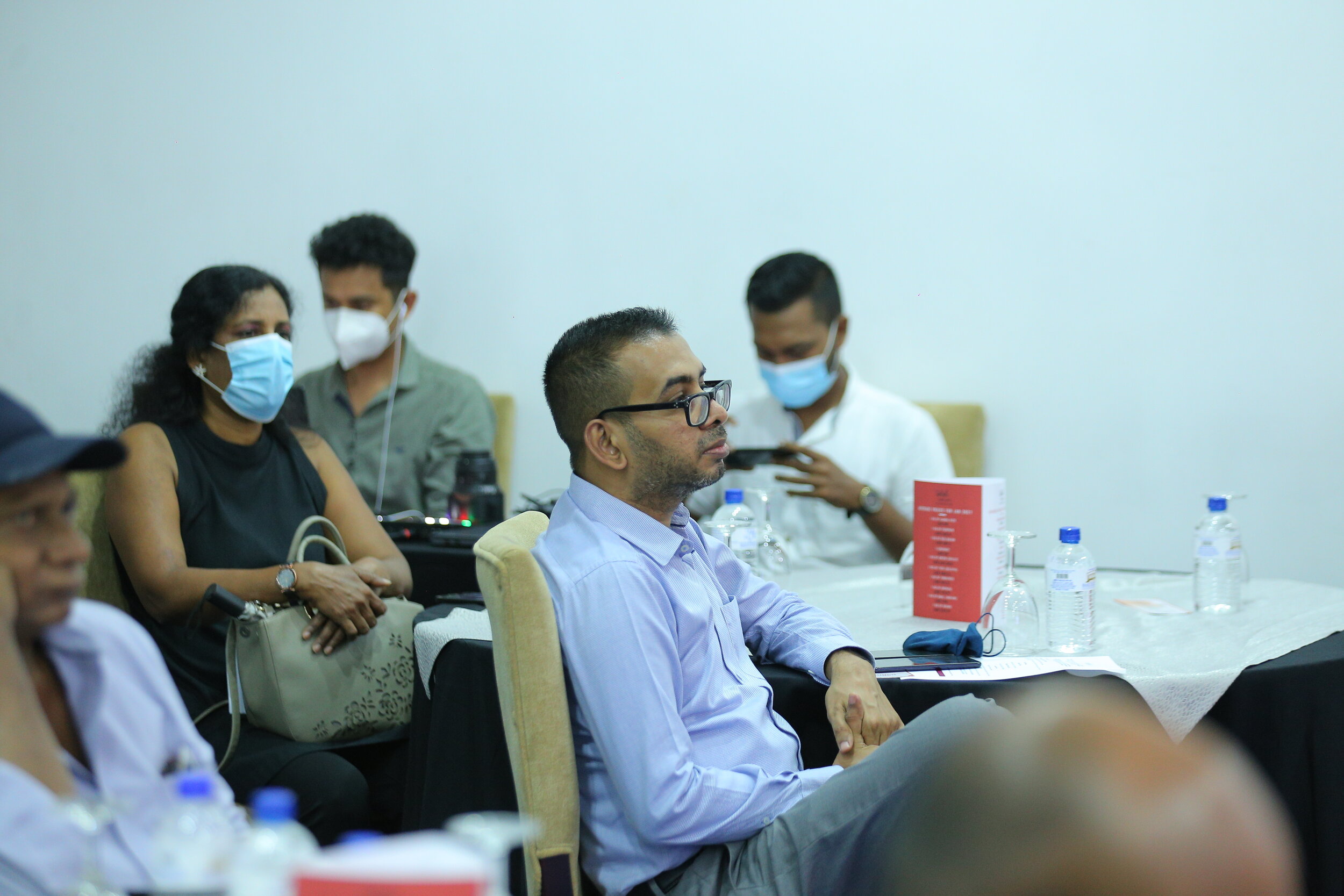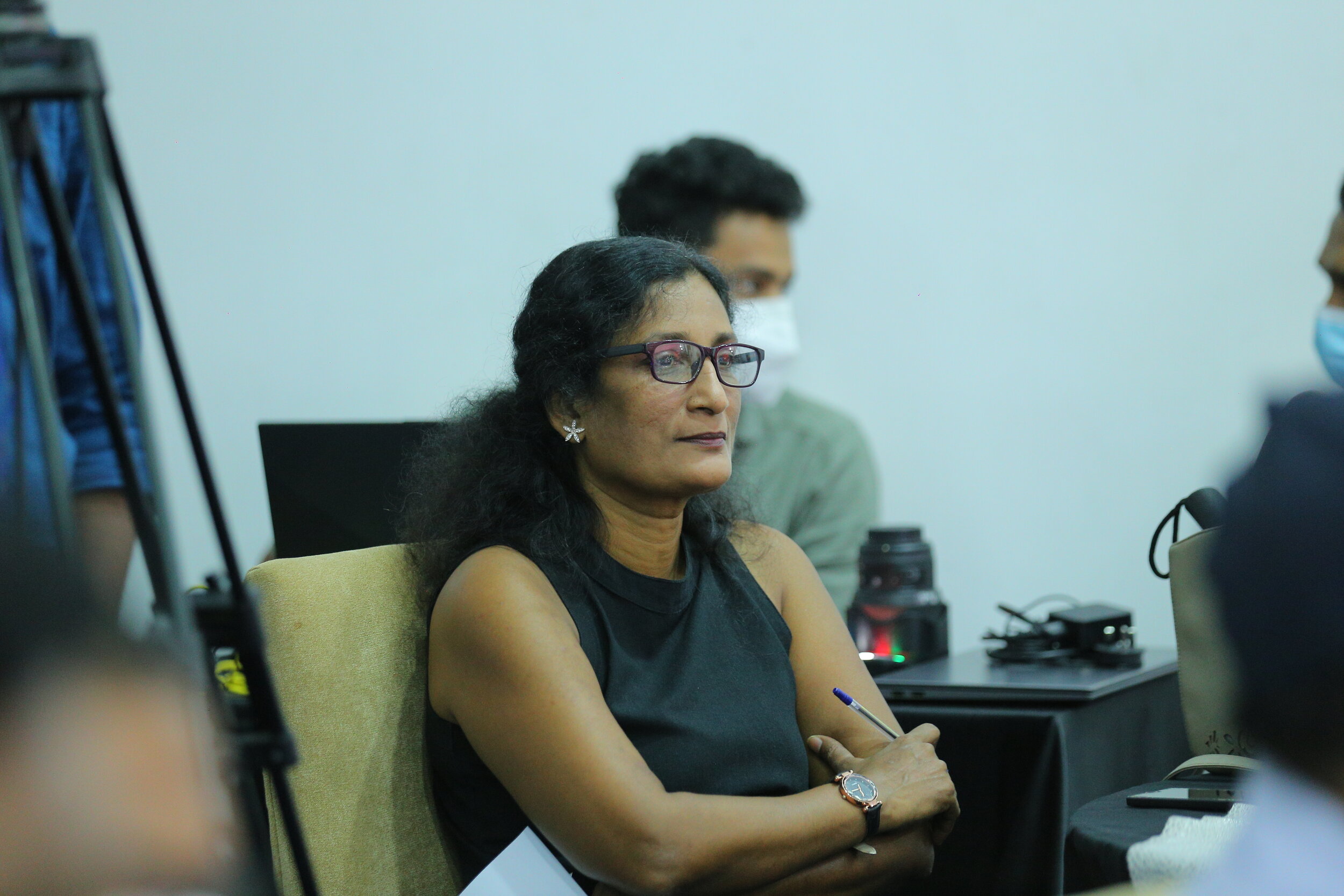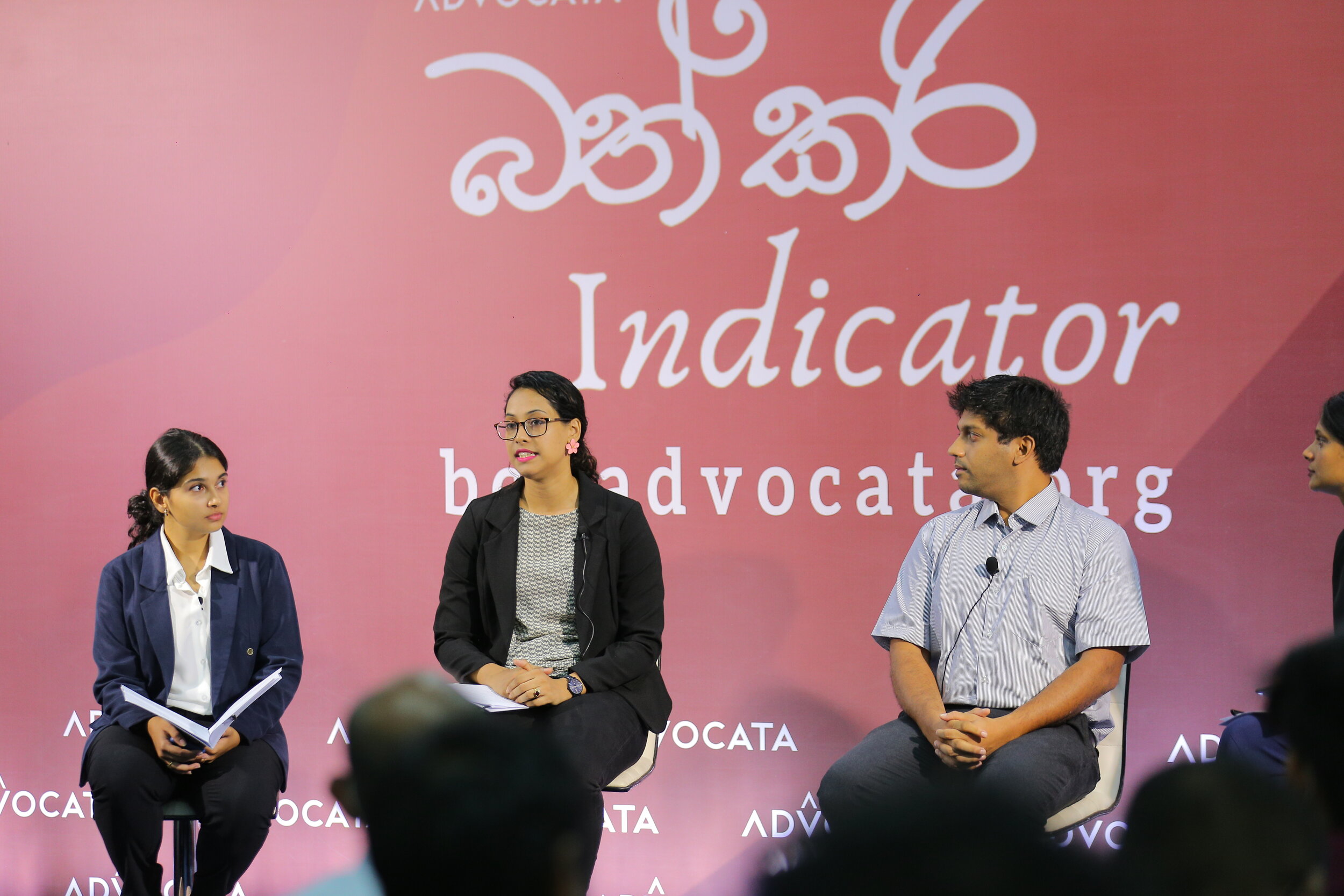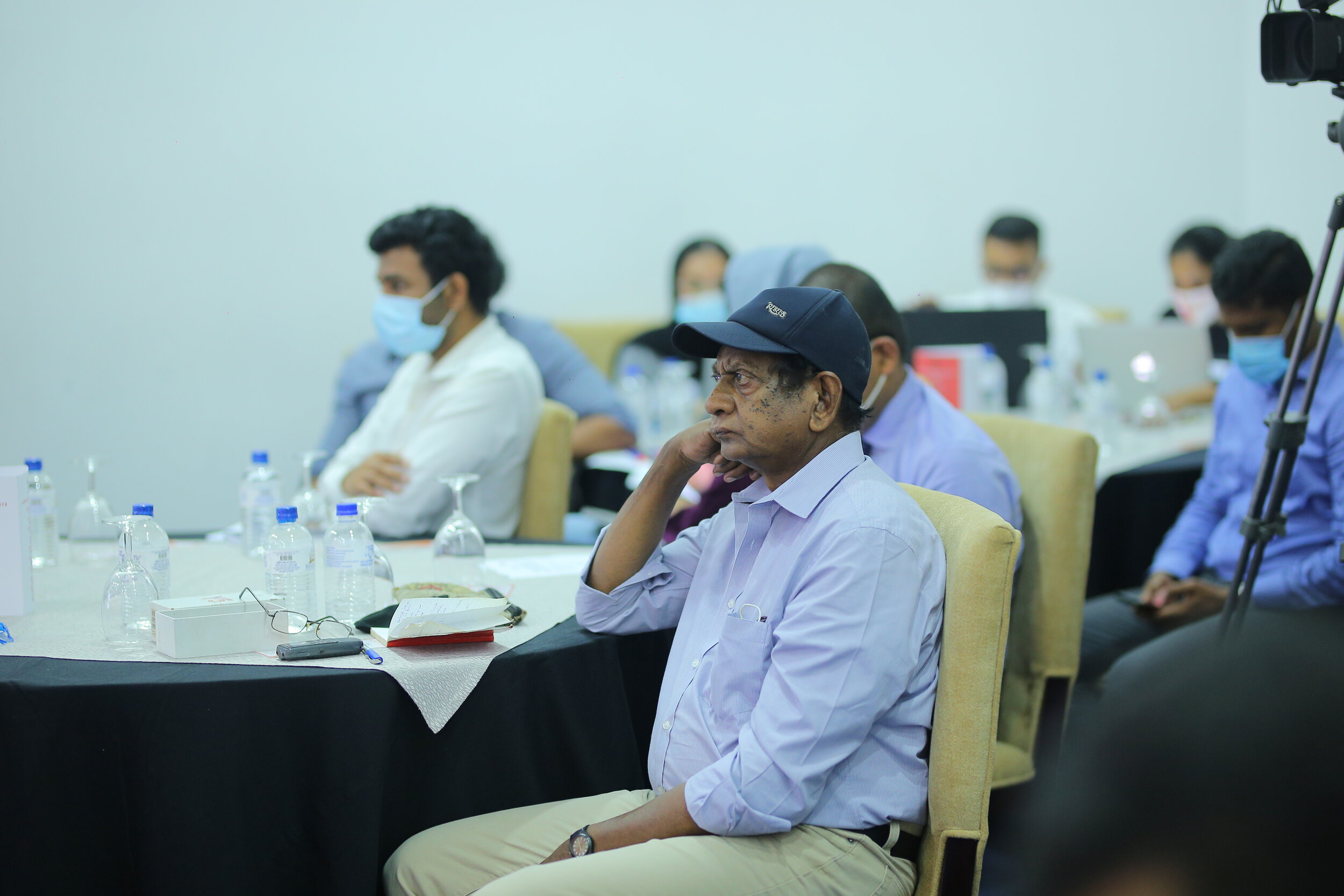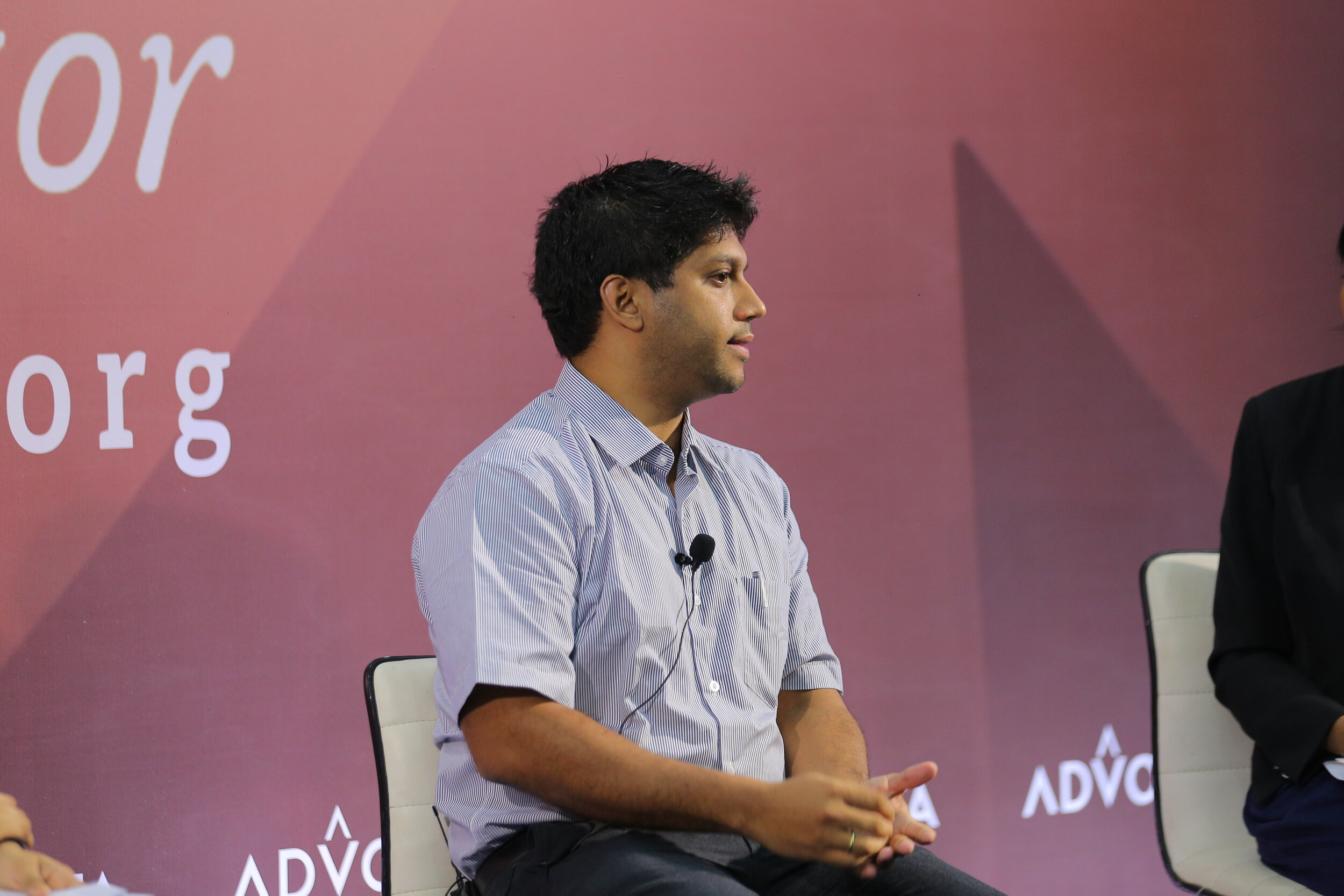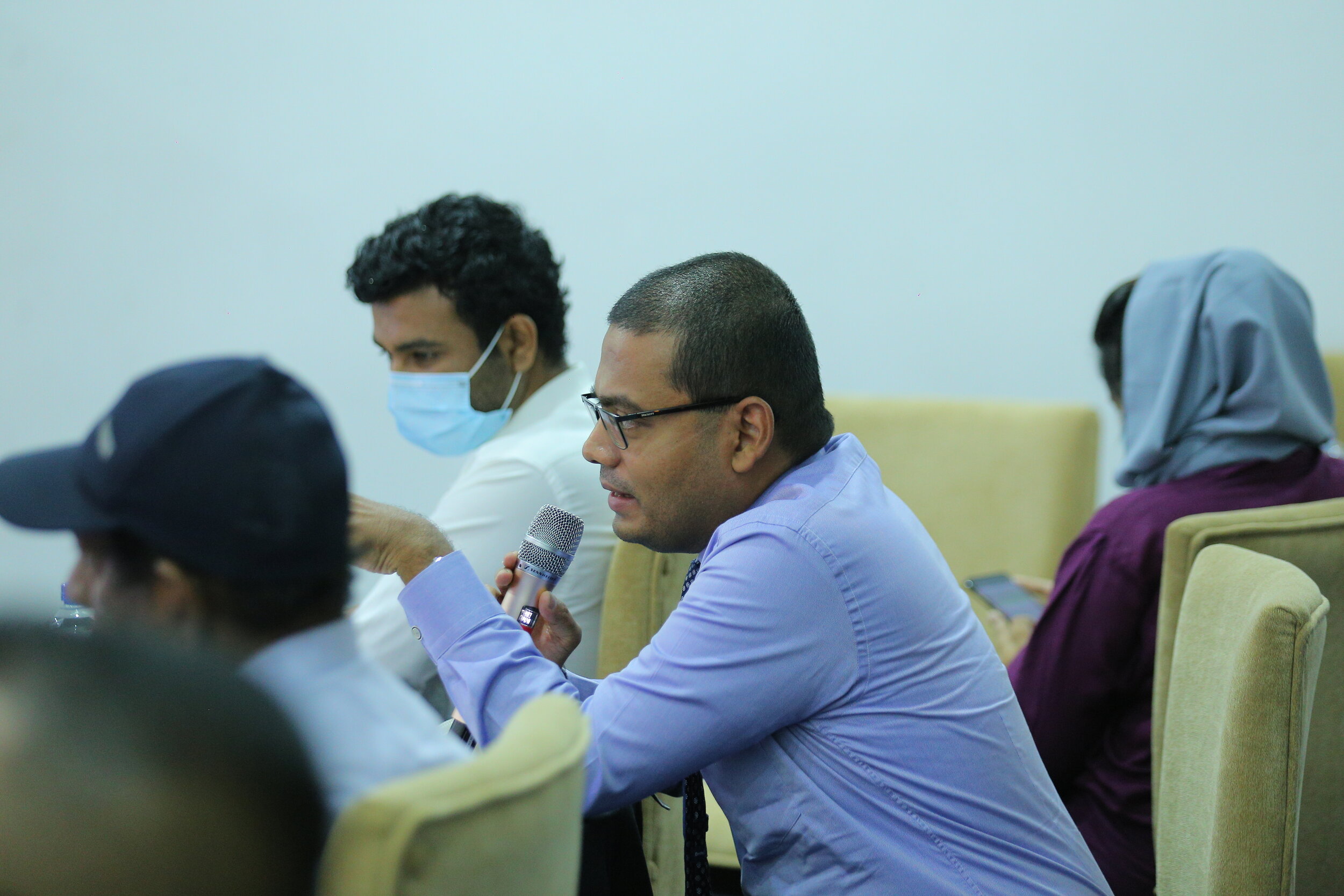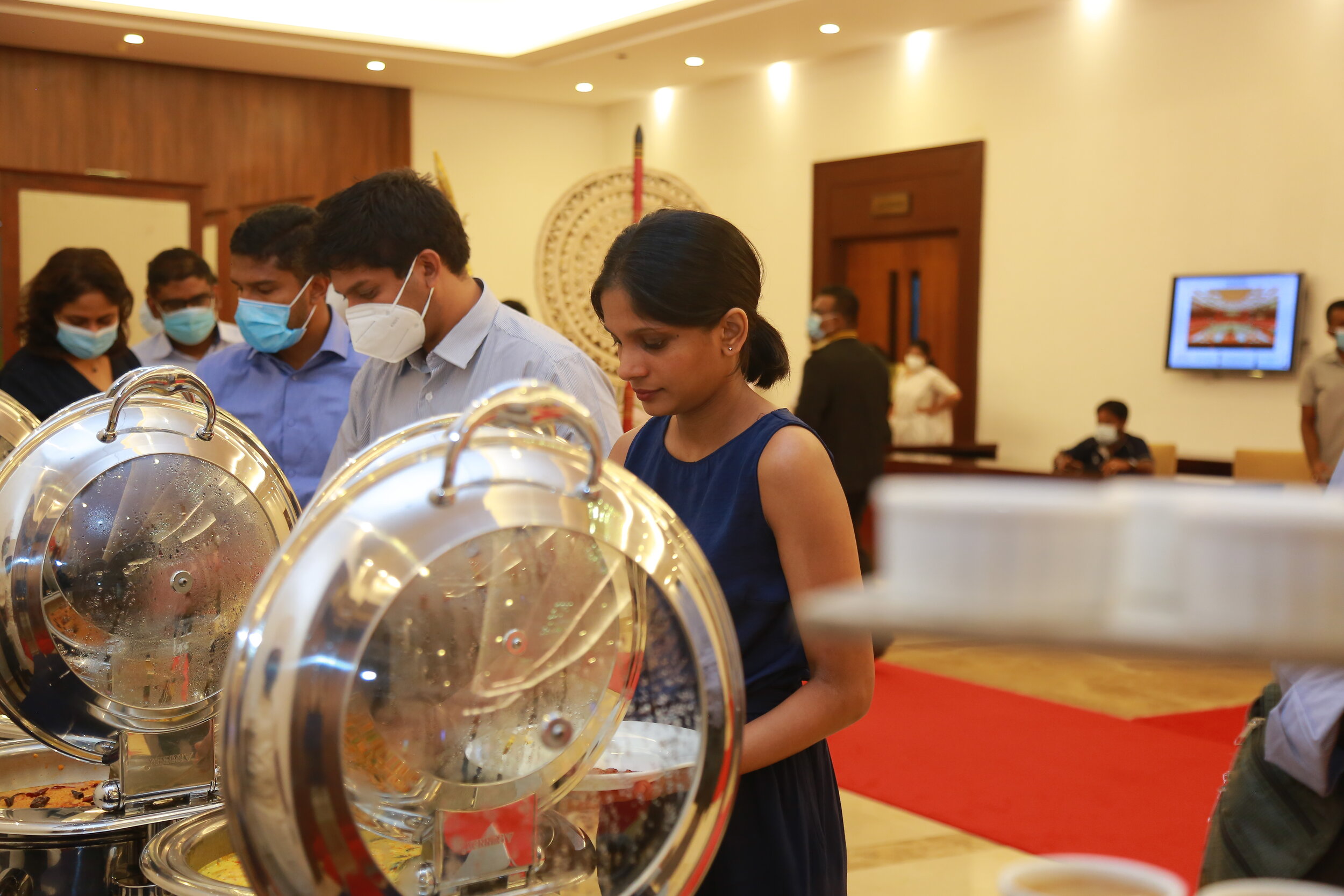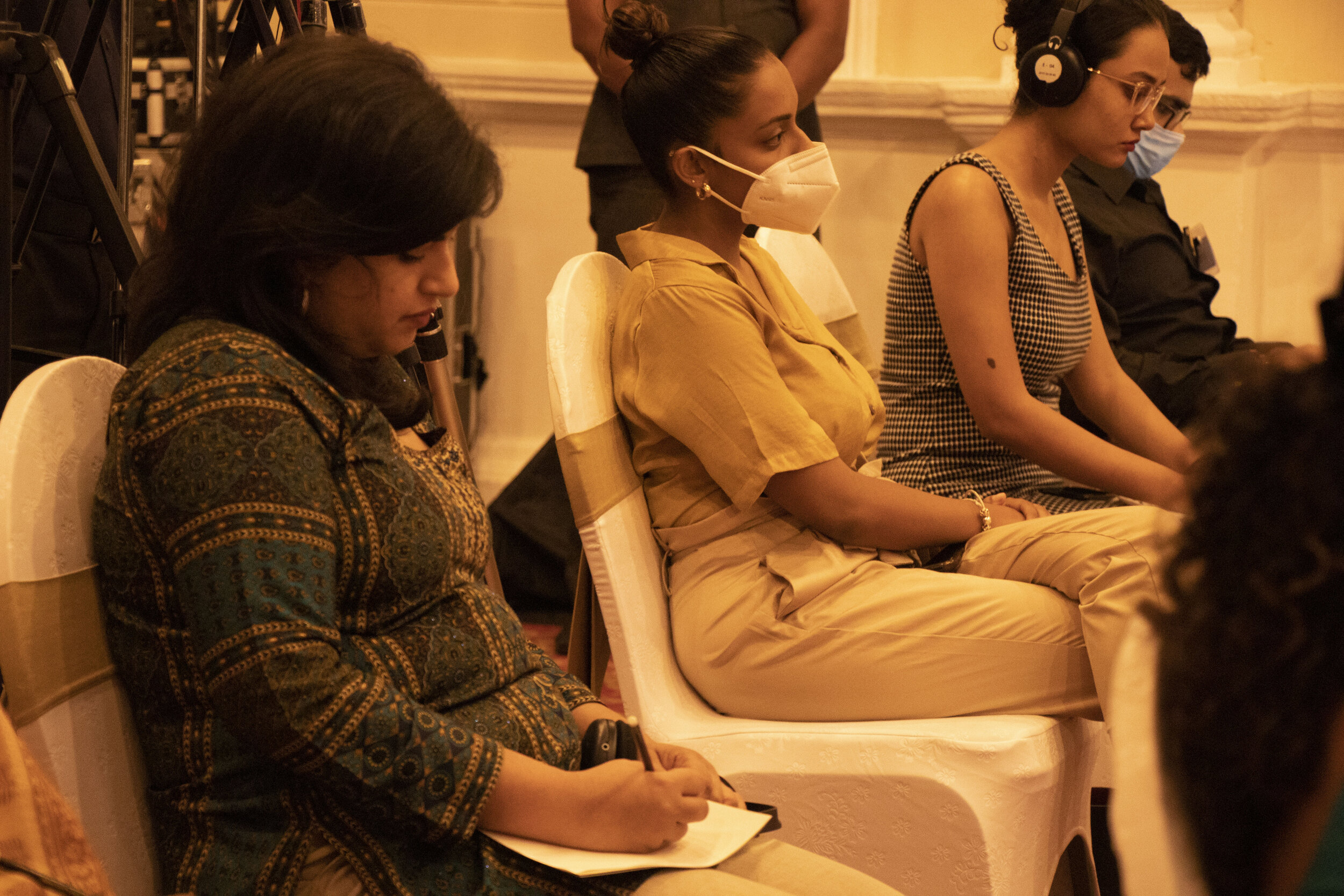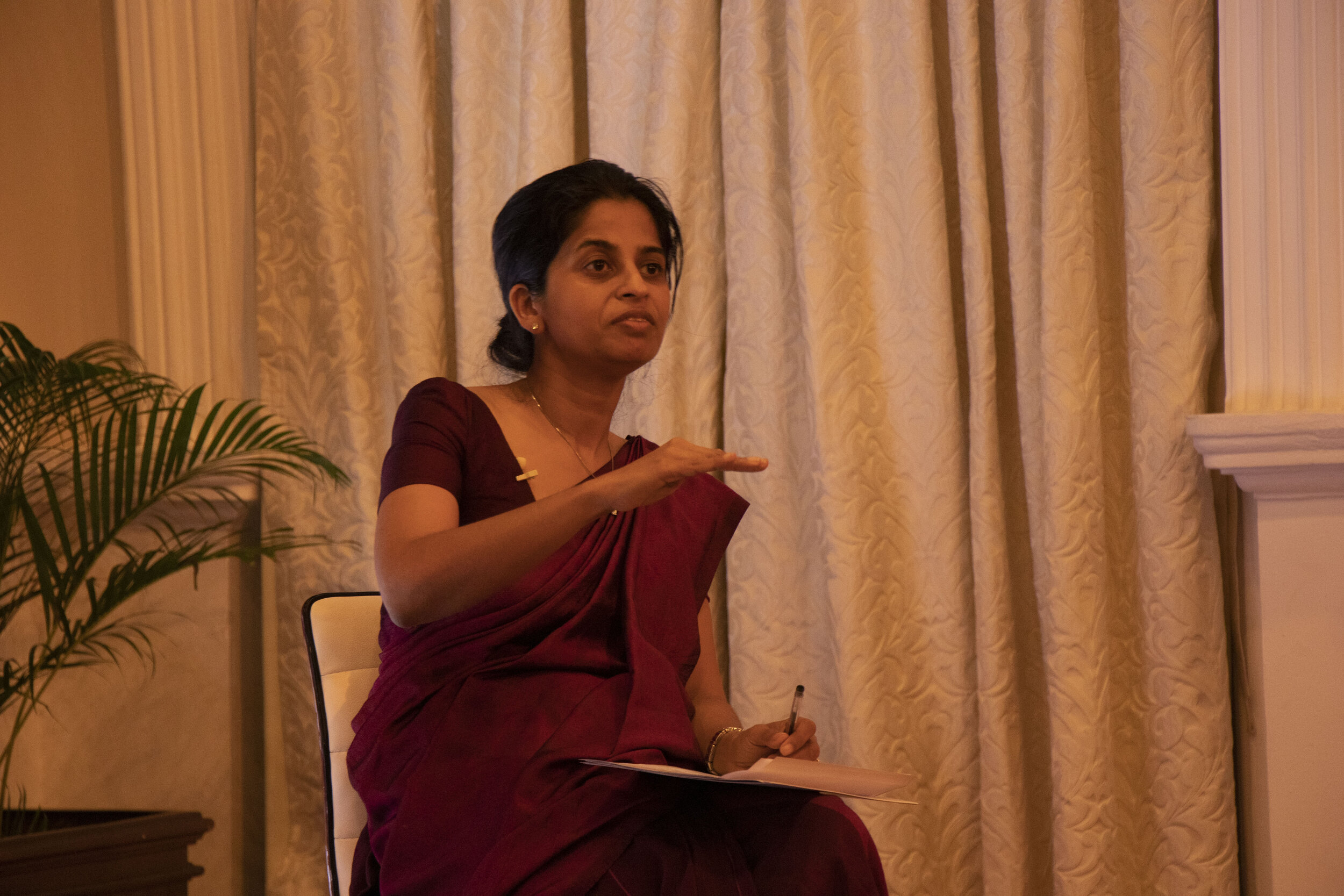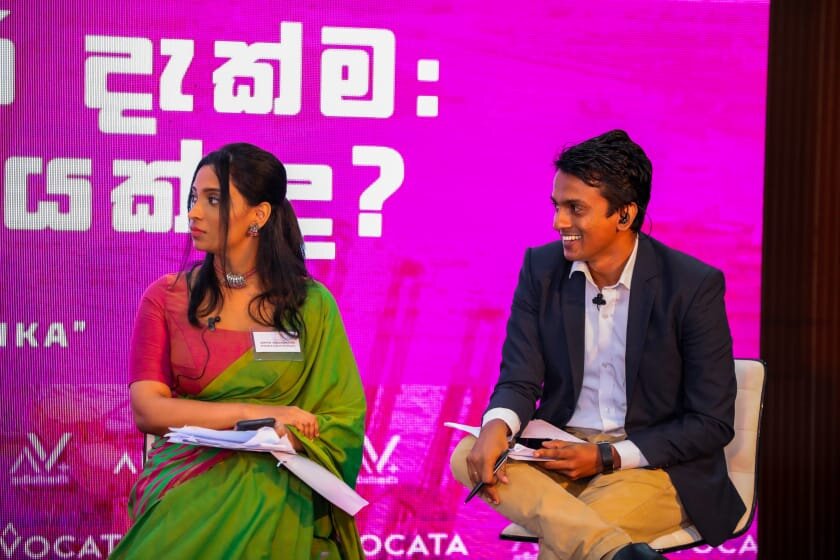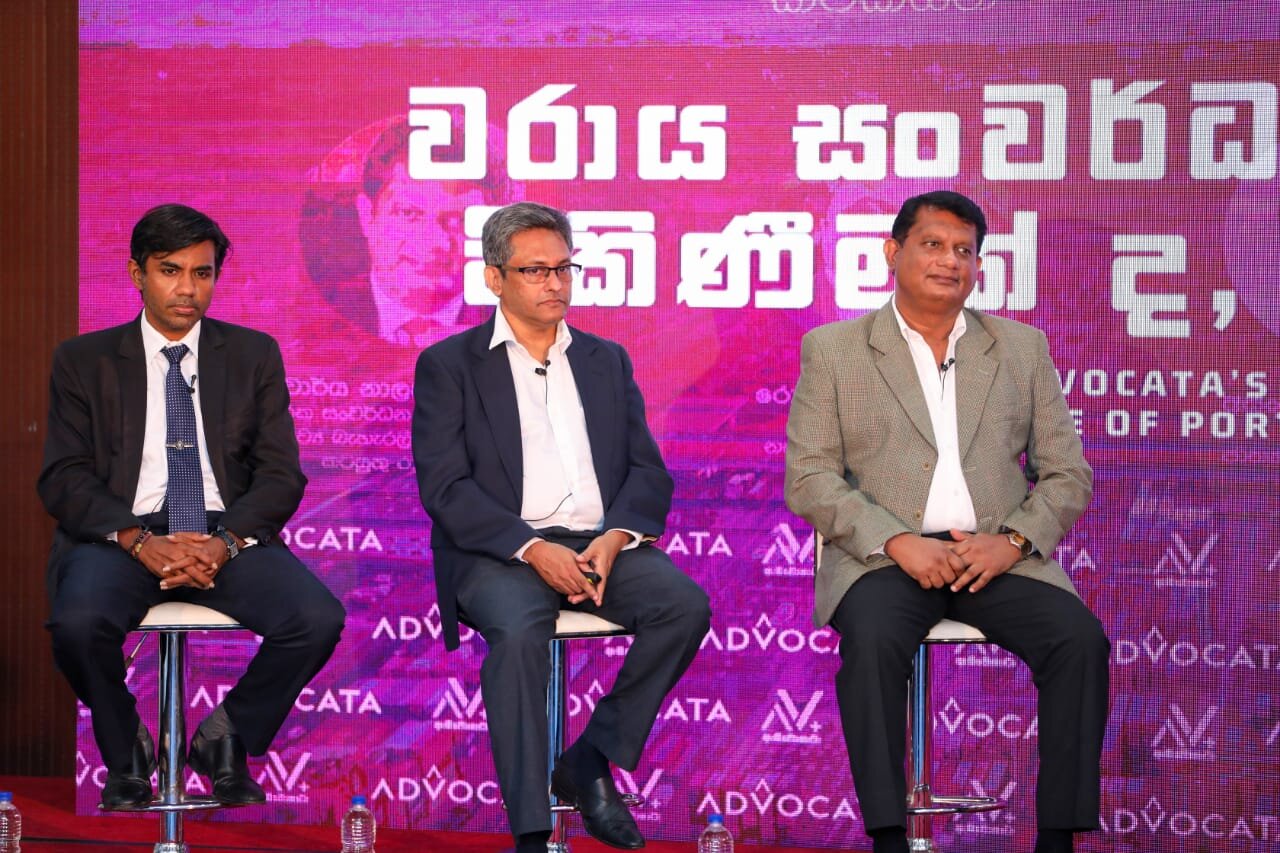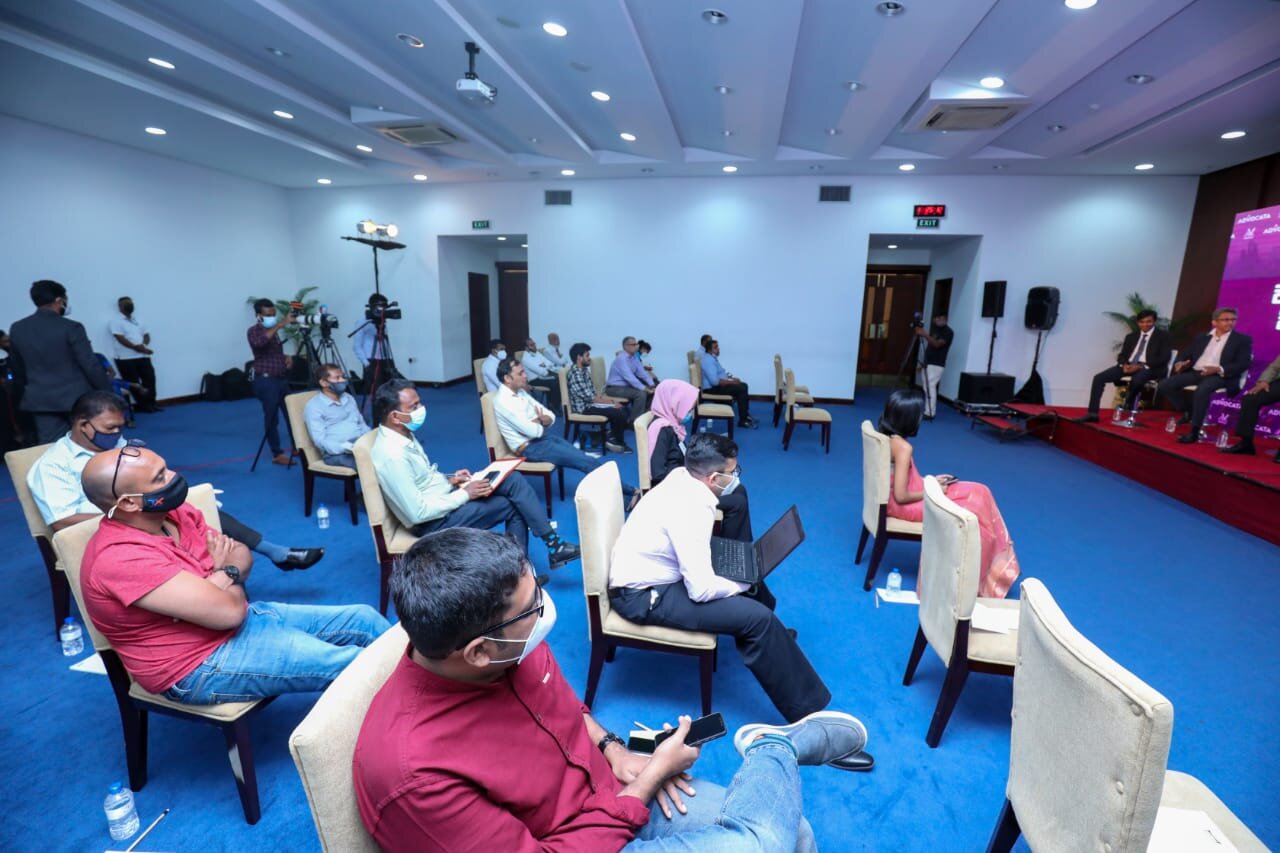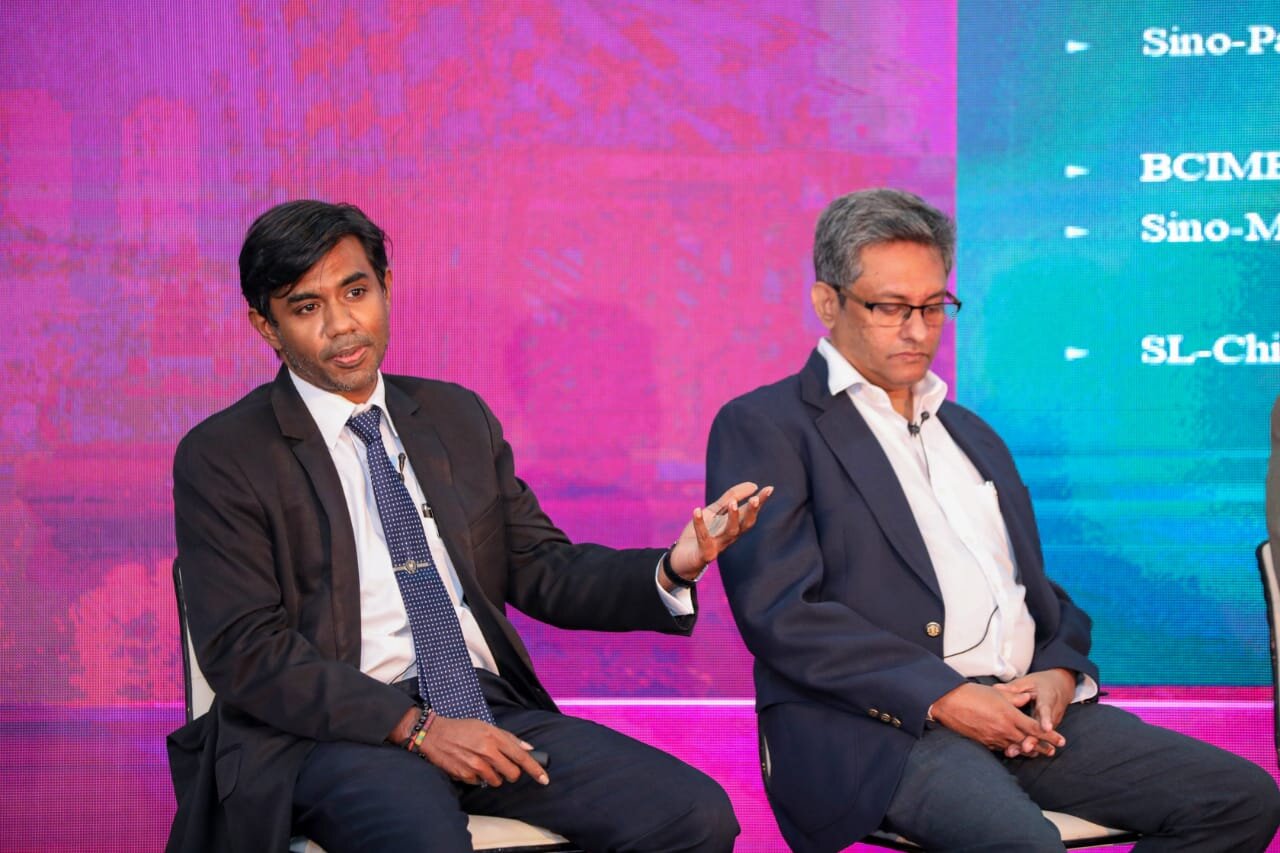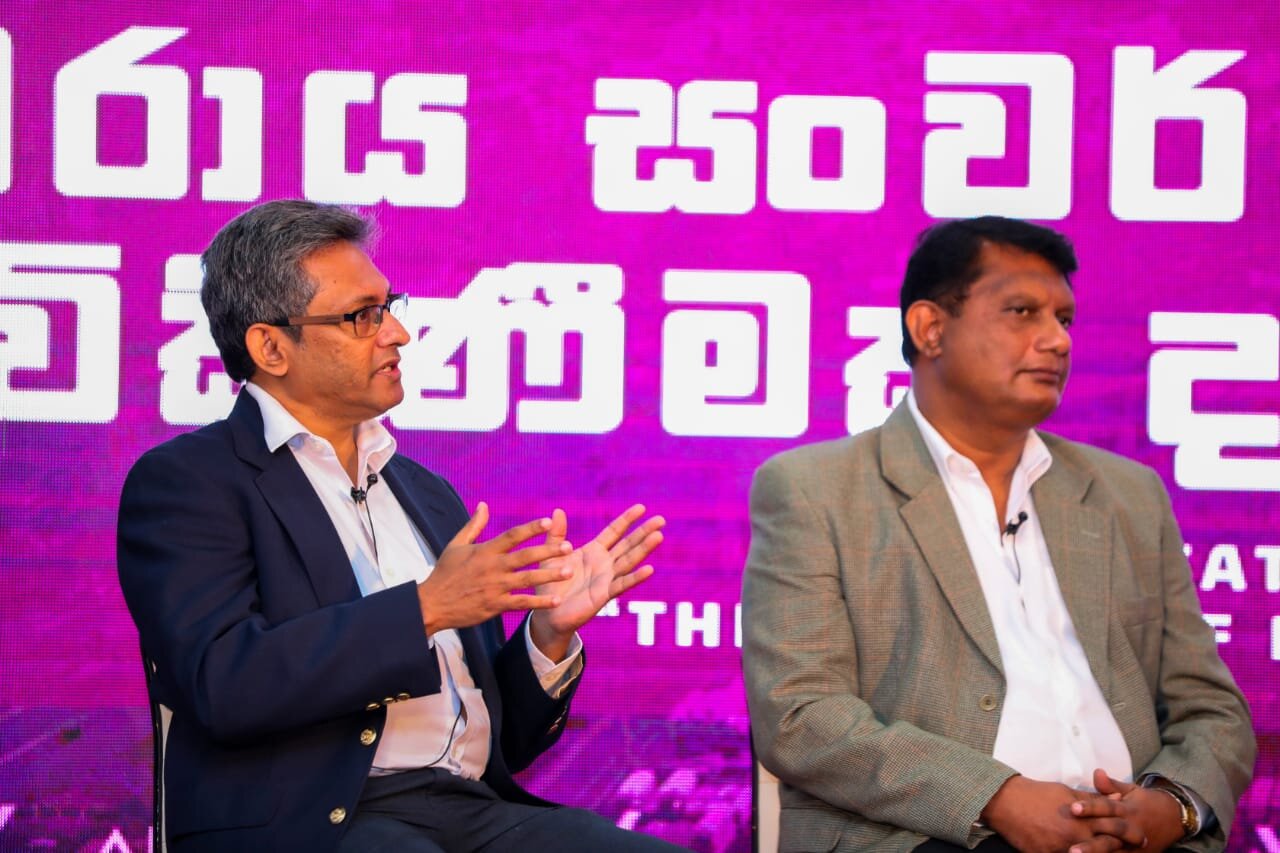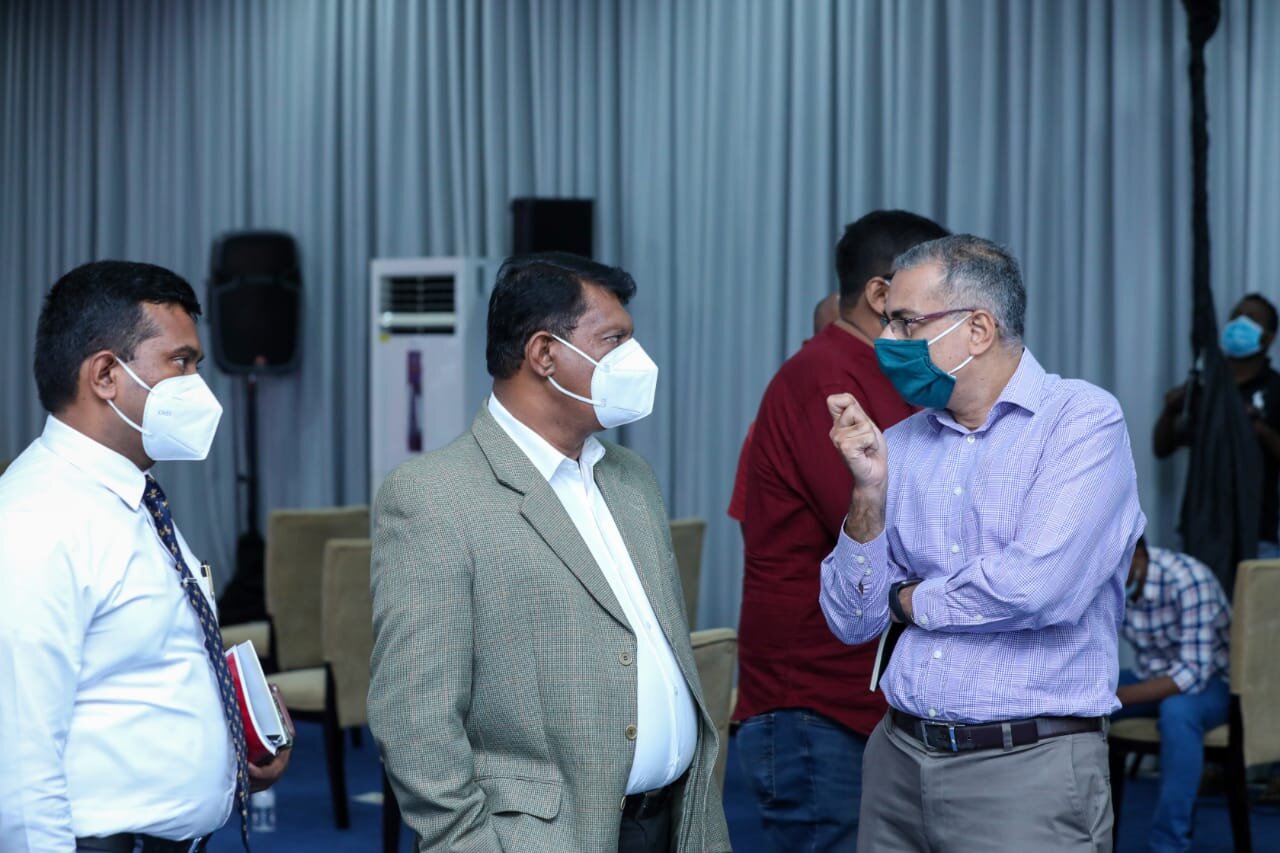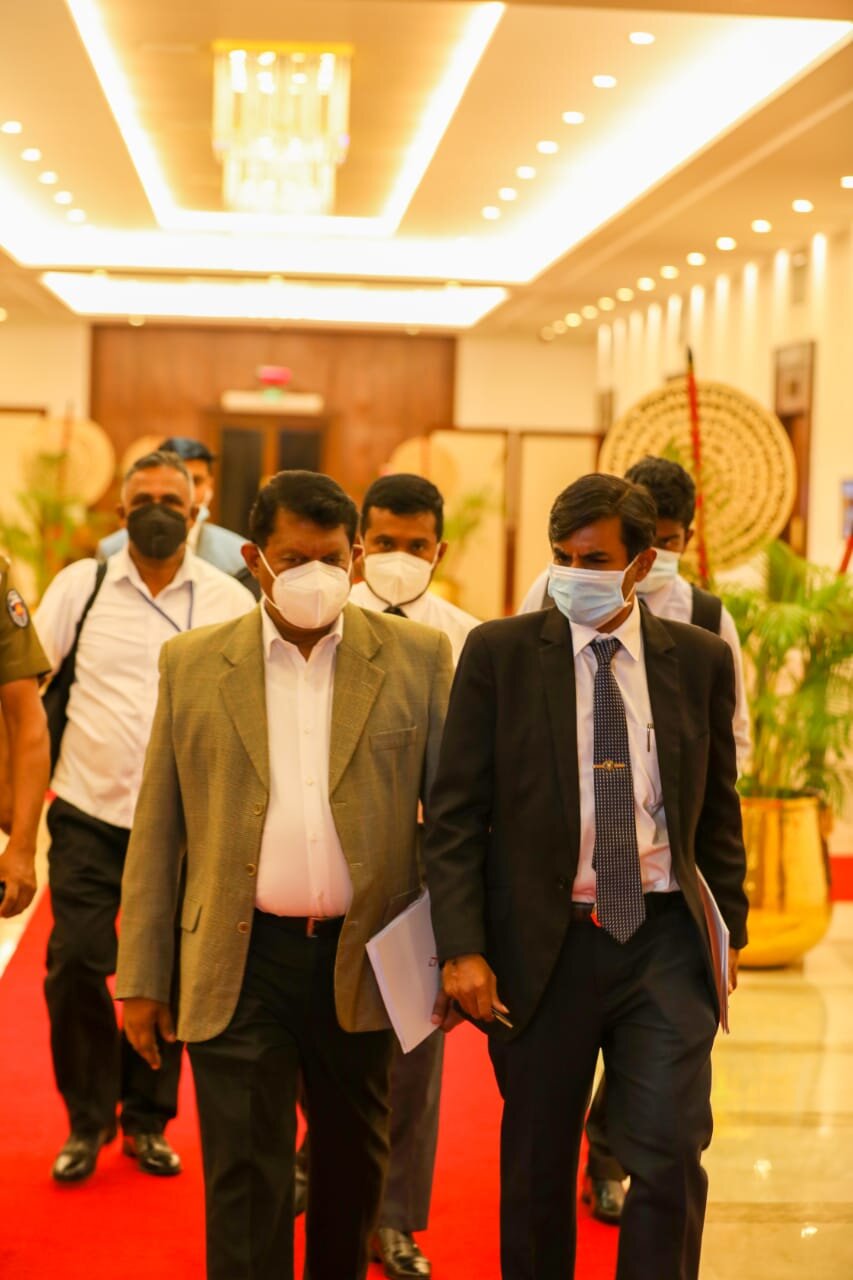Dr Sujata Gamage, an advisor to the Advocata Institute in her capacity as the Education Forum Sri Lanka co-coordinator, has called upon the government to take urgent steps to avoid the Covid education crisis becoming a generational catastrophe. The Covid-19 pandemic is not going to go away anytime soon. Therefore, even in the midst of a third wave of infections, education authorities should be planning to open schools at the earliest opportunity.
Do not let the Covid education crisis become a generational catastrophe
The whole world is in the middle of a pandemic. Beginning around March 2020 schools across the world had to close at once, for the first time since World War II. The health crisis created by the pandemic is obviously the number one priority of governments. The economic crisis the pandemic has caused too is taken as a serious concern by governments. Unfortunately, the gravity of the Covid education crisis is yet to be fully appreciated. We will recover eventually from the pandemic; We will recover from the economic crisis too; But the long-term effects of the loss of education for children will last a generation or more. As António Guterres, Secretary General of the UN said:
“Covid has led to the largest disruption in education ever. It is a generational catastrophe that would waste untold human potential, undermine decades of progress in getting children to school and exacerbate existing inequalities.”
Schools have been closed for more than 16 months and the difficulties of being trapped indoors for children and their families are all too well familiar. Less familiar is the fact that not all homes are safe places for children. Disputes or even violence in the family affect the children. In some cases, children are abused and there is no teacher or other caring adult to whom to confide. Some children who used to get a midday lunch at school may be affected nutritionally. Yet, these are somewhat short-term issues because they would subside once schools start. But the long-term consequences are more serious.
In the long-term, students who were already at the risk of dropping out even before the pandemic are very likely to not return when schools start. Secondly, whether the schools are open or not, the growth of these children, including their brain growth, will continue. If their education does not parallel this natural growth, there will be severe deficiencies in the intellectual development of these children. This deficiency is now known by education experts around the world as Covid Learning Loss. Schools need to do diagnostic tests to understand the extent of this loss and take remedial measures.
This Covid-19 pandemic is not going to go away anytime soon. Therefore, even in the midst of a third wave of infections, education authorities should be planning to open schools at the earliest opportunity. Not all schools can or should be opened on the same day. Regional or even school-wise differences in each region need to be considered.
The first step in such a plan is to consider all teachers as frontline workers and vaccinate them, perhaps prioritizing teachers in high-risk areas. Once schools start children should be tested regularly for Covid using low-cost methods. As mentioned before, diagnostics tests should be carried to assess the learning loss of each child and remedial action taken, as necessary.
If we do not take those steps with an urgency, the educational crisis of this epidemic will turn into an education catastrophe that will affect generations to come.
Sujata Gamage and Tara de Mel
Co-coordinators

